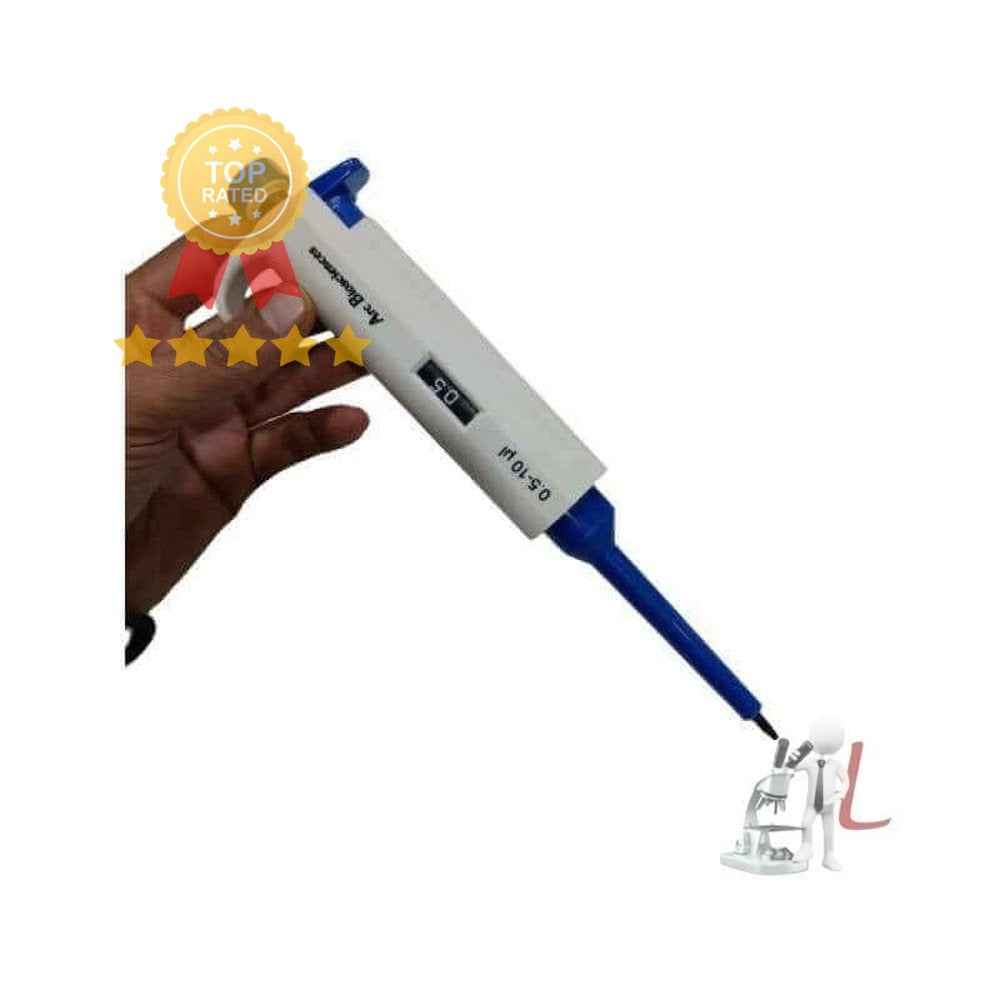Plant Pathology Microbiology Lab
Plant Pathology Microbiology Lab is an essential field of study that delves deep into the interactions between microorganisms and plants. This dynamic field plays a crucial role in understanding plant diseases, their causative agents, and the microbial processes that influence plant health. In the Plant Pathology Microbiology Lab, researchers engage in a variety of studies that assess the impact of pathogens on crops, investigate microbial diversity in different environments, and develop innovative methods for disease management.
Understanding the principles of plant pathology is vital for ensuring the sustainability of agricultural systems. In a Plant Pathology Microbiology Lab, scientists work on identifying pathogenic fungi, bacteria, viruses, and nematodes that pose threats to plant life. Through the use of advanced techniques such as molecular diagnostics and bioinformatics, researchers can detect and characterize plant pathogens swiftly and accurately. This allows for timely interventions that can save crops from devastating diseases.
In addition to pathogen identification, the Plant Pathology Microbiology Lab also focuses on the study of symbiotic microorganisms that promote plant growth and health. Some beneficial microbes can enhance nutrient uptake, provide resistance to diseases, and improve plant resilience against environmental stressors. By examining these interactions, scientists can develop biologically-based solutions to enhance crop yields while minimizing reliance on chemical pesticides.
Another important aspect of the Plant Pathology Microbiology Lab's research is the investigation of disease epidemiology. Understanding how diseases spread in agricultural ecosystems is crucial for implementing effective management strategies. Factors such as weather conditions, soil health, and crop management practices all play a role in disease dynamics. Researchers in this field utilize field studies and predictive models to understand the spread of pathogens and to inform best practices for farmers.
Education and outreach are also key functions of the Plant Pathology Microbiology Lab. By providing training and resources to agricultural stakeholders, researchers can help farmers better understand the diseases affecting their crops and how to mitigate risks. Workshops, seminars, and online resources are part of a broader effort to disseminate knowledge and improve plant health on a global scale.
In the context of climate change, the role of the Plant Pathology Microbiology Lab becomes even more critical. Changing climate conditions can influence the behavior of plant pathogens and their interactions with hosts. As temperatures rise and rainfall patterns shift, the potential for disease outbreaks may increase. Researchers are exploring how these environmental changes impact disease development and are working on developing climate-resilient crops that can withstand new challenges.
In addition to their research efforts, labs focus on the development of innovative technologies and practices for plant disease management. Integrated pest management systems, which combine biological control methods with traditional agricultural practices, result from research conducted in plant pathology microbiology. These systems aim to reduce the use of harmful chemicals while promoting a healthier ecosystem.
The collaborative nature of the Plant Pathology Microbiology Lab is one of its strengths. By partnering with other research institutions, universities, and agricultural organizations, researchers can share knowledge, techniques, and resources to tackle complex challenges. This interdisciplinary approach fosters innovation and accelerates the development of solutions for real-world agricultural problems.
Moreover, researchers within the Plant Pathology Microbiology Lab often publish their findings in scientific journals, contributing to the global body of knowledge in this field. The dissemination of research results not only advances science but also informs policy decisions related to plant health and agricultural practices.
As society moves towards a more sustainable future, the role of the Plant Pathology Microbiology Lab will continue to evolve. New technologies, including genomic sequencing and precision agriculture, are allowing researchers to dive deeper into the complexities of plant-microbe interactions. The insights gained from this work will undoubtedly shape the agricultural practices of tomorrow and ensure food security in a rapidly changing world.
In summary, the Plant Pathology Microbiology Lab is at the forefront of understanding and managing plant diseases. Through rigorous research, education, and collaboration, it plays a vital role in promoting plant health and agricultural productivity. The focus on both pathogenic and beneficial microorganisms provides a comprehensive view that is essential for the development of sustainable agricultural practices. Without the valuable work done in these labs, addressing the challenges of feeding the growing global population would be significantly more difficult.
Filter
Sort by









